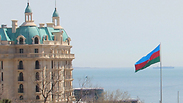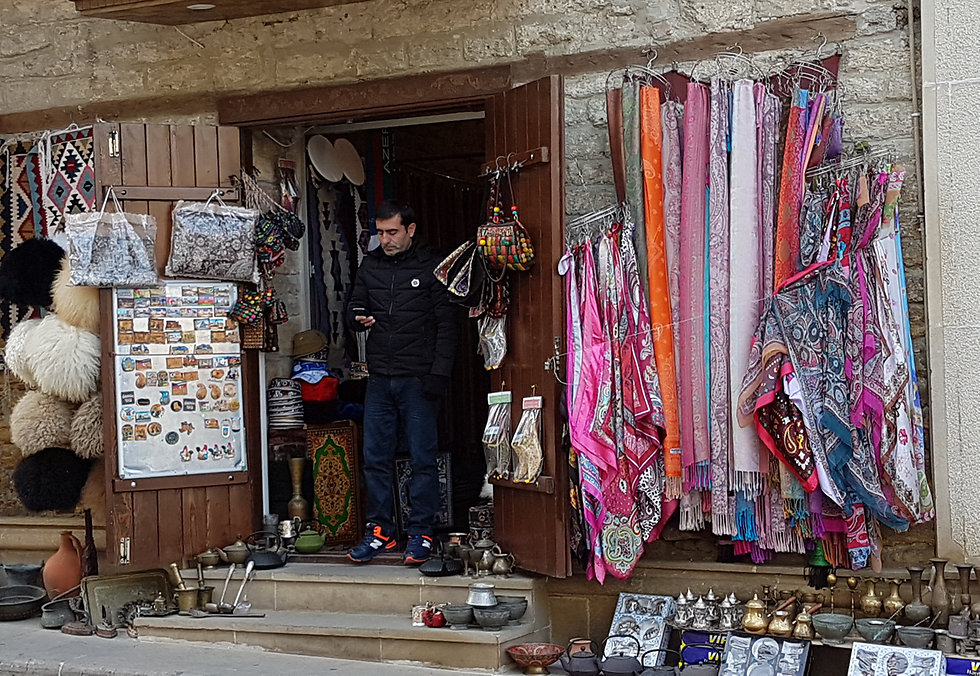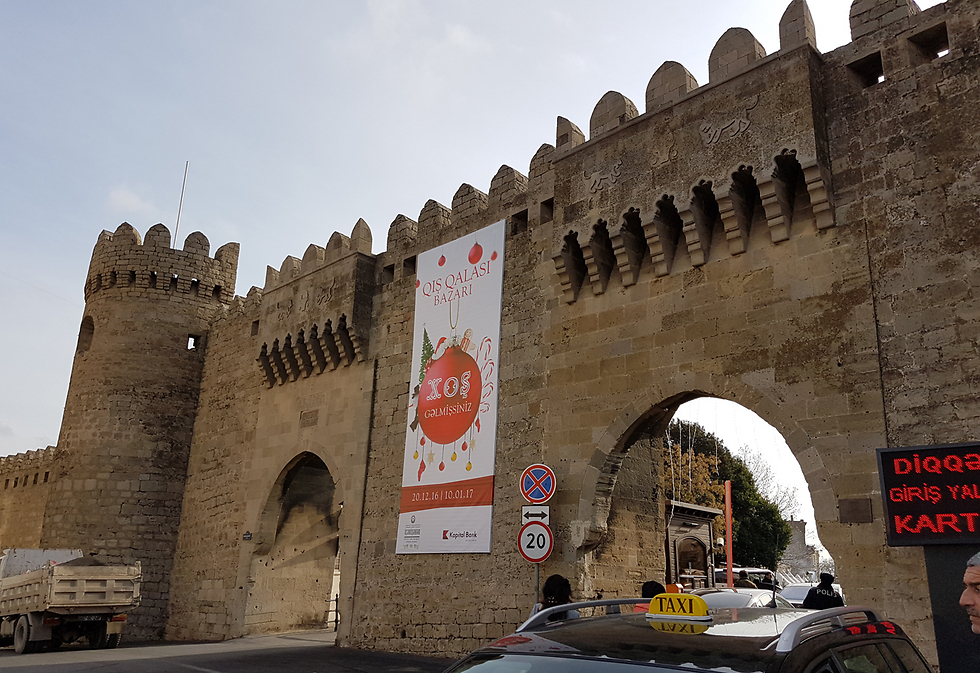
Azerbaijan. Tolerance and acceptance
Photo: Billie Frenkel
Azerbaijan’s
Jewish community is one of the ancient Jewish communities in the world. For years, it was relatively closed and maintained no relations with other Jewish communities, but the changes in the entire region and in the country eventually affected the Jewish community as well.
This special community began changing after the collapse of the Soviet Union. Upon the arrival of Chabad and Bnei Akiva emissaries, some of the community members started thinking about leaving the country.
Click here for the full project
‘I hope to live here in dignity’
Roman Mishiev, 45, arrived in Israel about half a year ago with his wife and eight children, largely with the help of the International Fellowship of Christians and Jews (IFCJ).
He was born and raised in Baku, where the majority of the country’s Jewish community lives. The community, he says, was strong and active, and apart from synagogues there are also schools and extensive Jewish activity.
How did the authorities treat the community?
“In general, they are treated well. There is tolerance and acceptance. Personally, I didn’t wear a skullcap on the street, but I believe it can be done safely and fearlessly.”
He decided to immigrate to Israel “first and foremost, because of the financial distress and the need to improve our quality of life,” he says. “I’m looking for a place where my children will be able to live in dignity among Jews, advance and earn a dignified living.”
The family now lives in the northern city of Kiryat Motzkin. Mishiev has a large family in Israel and friends who made aliyah before him, so he hopes for an easy absorption.
“I love Israel. Everything is new and the children are satisfied. I hope to succeed and live here in dignity.”
“The Fellowship has been helping dozens of Jewish communities around the world for decades,” says IFCJ President Rabbi Yechiel Eckstein. “We are proud to work for the Jews of Azerbaijan in a variety of areas, and we have helped dozens of them immigrate to Israel. It’s a small community, but very connected to its Jewish roots and to the State of Israel.”


















